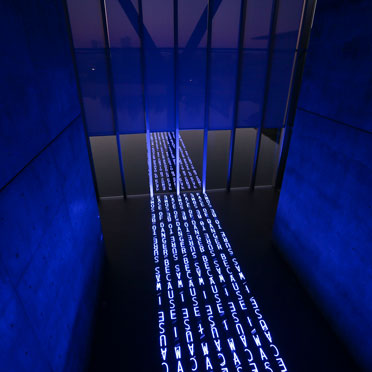Michael Petry
Michael Petry presents “Nature Morte: Contemporary artists reinvigorate the Still-Life tradition” in conjunction with the publication of his new book by the same title. Dr. Michael Petry was born in Texas, but has lived in London since 1981. With a PhD in Arts from Middlesex University, Petry has diligently investigated art from various angles as an artist, author, co-founder of the Museum of Installation in London, and Director of the Museum of Contemporary Art (MOCA), London.
- Read more about Michael Petry
- Log in to post comments
